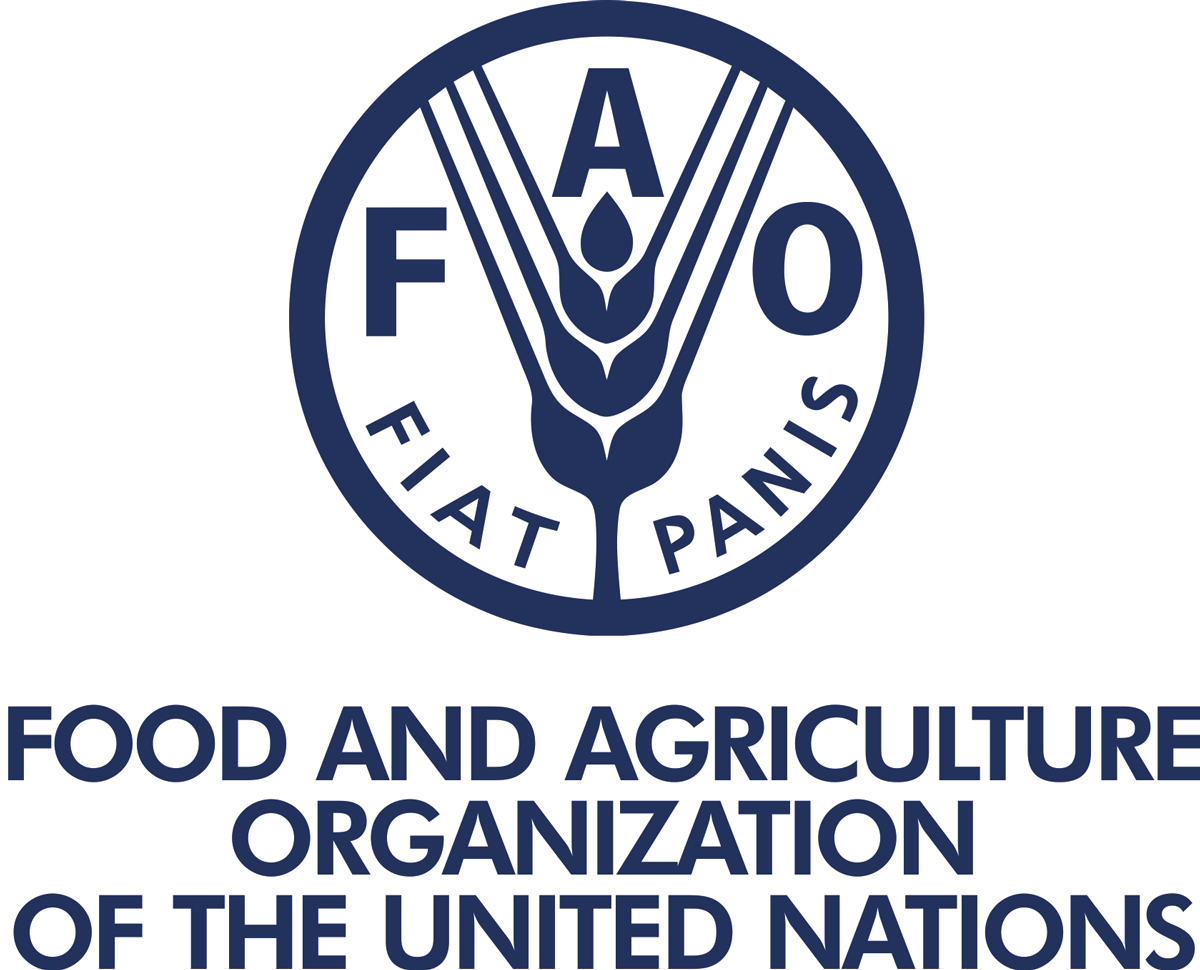FAO Raises Concerns Over Soil Quality, Degradation In Nigeria
The Food and Agriculture Organisation (FAO) of the United Nation has raised concerns about soil degradation and biodiversity loss in Nigeria over the use of wood biomass for bioenergy production.
The organisation in its 2022 report said that no fewer than 40 million Nigerians have been engaged directly in fuelwood collection and charcoal production, a situation that has affected the soil quality.
In its report entitled; “2022 State of the World’s Forests,” released at the ongoing 15th World Forestry Congress (WFC) in Seoul, South Korea, the organisation noted that these engagements provided an estimated 530,000 full-time equivalent direct jobs for the citizens.
Findings revealed that Nigeria is currently ranked second in global charcoal production and first in Africa, earning up to $73.2 million from exports yearly, while Brazil takes the lead with 6.3 million tonnes.
The value chain involves 200,000 people that provide transport services for retail and wholesale trade in the fuelwood and charcoal production in a vocation that large numbers of livelihoods in other sub-Saharan African countries also depend on
In many developing countries, the transition to improved energy access and modern renewables may have implications for livelihoods.
The report said: “Therefore, there is a need for environmental, economic and social sustainability in bioenergy production, which can be accessed through a set of multi-criteria indicators and life-cycle assessment can be used to explore environmental performance.
“Although the full impact of wood fueling on climate change is disputed, there is little disagreement that benefits can be maximised by applying sustainable forest management practices and increasing the operational efficiencies of combined-heat-and-power plants and biorefineries.”



Comments are closed.